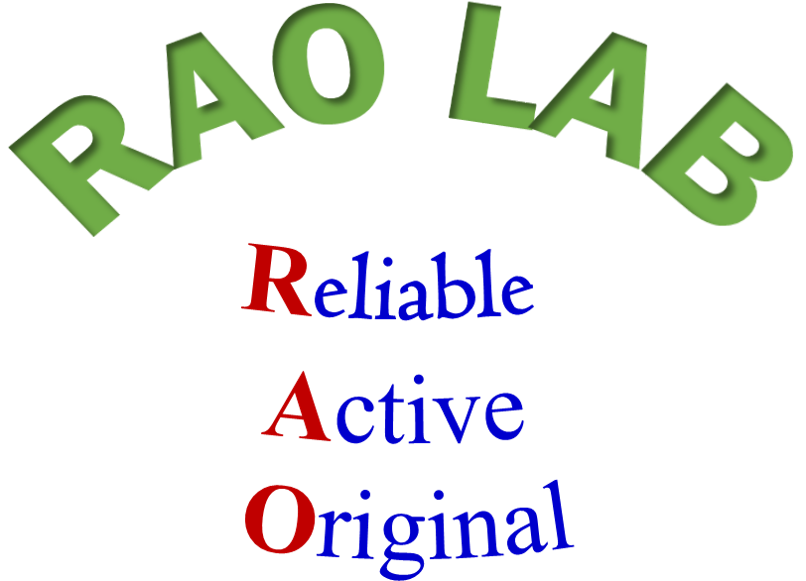Despite the changing face of organic chemistry one aspect remains constant: the ability to make molecules to order is something that, even now, is still unique to the synthetic chemists. What is changing in synthesis is the way that we go about achieving our goals. Solutions to new problems that are posed by medicine, biology and materials science demand that chemists make molecules faster, more complex, and with routes that make analogues readily obtainable.
As is well know, catalytic C-H activations and subsequent C-C/C-X bond formations have witnessed a meteoritic development during the past decades and are now routinely employed as a powerful tool in both academia and industry, because they can provide an unprecedented opportunity for the development of novel retrosynthetic disconnections, thus promising the construction of useful molecular frameworks in an atom-economical and straightforward fashion from less functionalized substrates.

In this context, the use of catalysis to control the synthesis of architecturally complex and biologically/pharmaceutically/materially important molecules/scaffolds is a key aspect for the future of organic chemistry. We are interested in developing new catalytic synthetic technology and using these techniques to design innovative new tactics and strategies that enable the rapid synthesis of complex target structures as well as providing access to unprecedented structures with potentially interesting and unexplored biological/pharmeceutical properties.
We are actually pursing research programmes in the following areas:
Metal-catalyzed C-H activations and functionalizations
Organocatalytic C-H activations and functionalizations
Complex molecule and biologically/pharmaceutically important scaffold constructions with our strategies
Exploration on novel coupling style, novel coupling partners, or novel coupling mechanistic pathway
